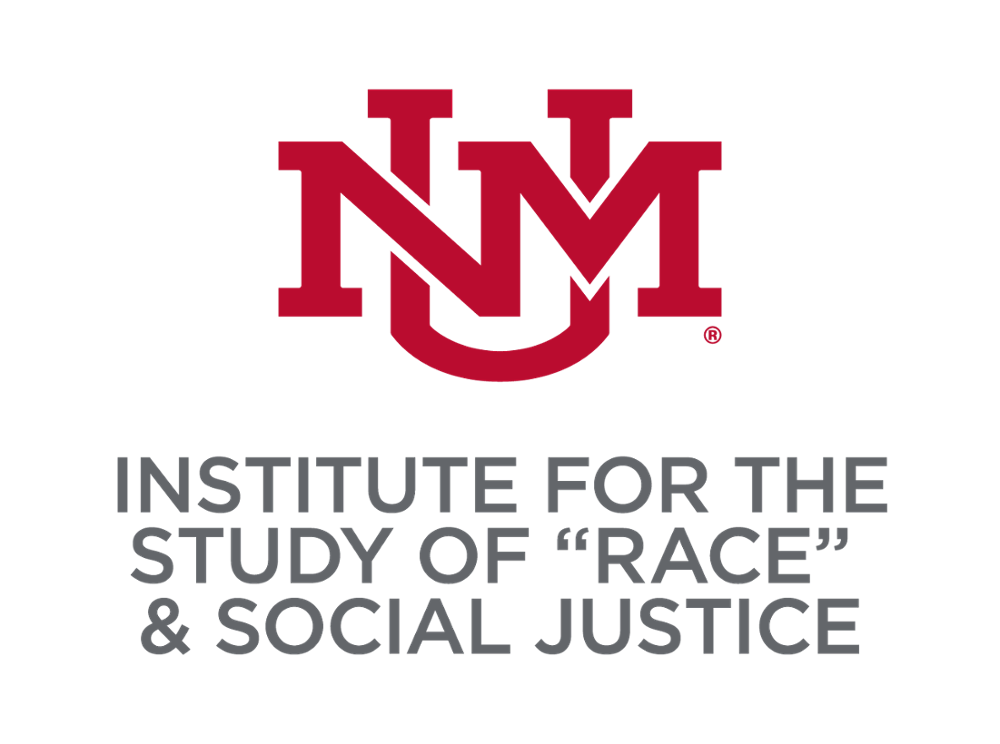School as a Hostile Institution: How Black and Immigrant Girls of Color Experience the Classroom
![School as a Hostile Institution: How Black and Immigrant Girls of Color Experience the Classroom [article image]](../../assets/img/ranita-ray.jpg)
When: Fri, Apr 16 2021 3:00pm - Fri, Apr 16 2021 4:00pm
Where: Zoom
Over the last decade, socio-cultural scholars of education have become preoccupied with comprehending the paradox of girls’ academic gains over boys, across race and class. Through a three-year longitudinal ethnography of two predominantly economically marginalized and racially minoritized schools, I contend that while racially marginalized girls may have made academic gains, school is nevertheless a hostile institution for them.
Focusing on the case of Black and recent immigrant girls of color, I identify three specific ways in which school functions as hostile institution for racially marginalized girls:
- Gendered-racial harassment from teachers
- Erasure of intellect
- Estrangement within their communities
Further, the denigration of immigrant girls becomes the simultaneous conduit for misogynoir. I find that the gains of some racially marginalized girls in school often justify the everyday hostility against all of them. Bringing into conversation a feminist analysis of schooling that rejects girls’ educational gains as ubiquitous evidence of a gender revolution with a Black-colonial education framework that emphasizes schooling as technology of oppression, I explore the current role of school as a hostile institution for Black and immigrant girls.
Dr. Ranita Ray is the incoming Maxine Baca-Zinn Endowed Professor of Sociology at the University of New Mexico. She is a feminist ethnographer of children/youth, schooling, economic marginalization, gender, and racial dominance. Her book, The Making of a Teenage Service Class: Poverty and Mobility in an American City (University of California Press, 2018), challenges common wisdom that targeting “risk behaviors” such as drugs, gangs, violence, and teen parenthood among youth is key to breaking the cycle of economic and racial marginalization. The book has received numerous awards including:
- 2018 Winner, C. Wright Mills Award
- 2020 Winner, Pacific Sociological Association Distinguished Scholarship Award
- 2020 Finalist, ASA Sociology of Education Bourdieu Best Book Award

